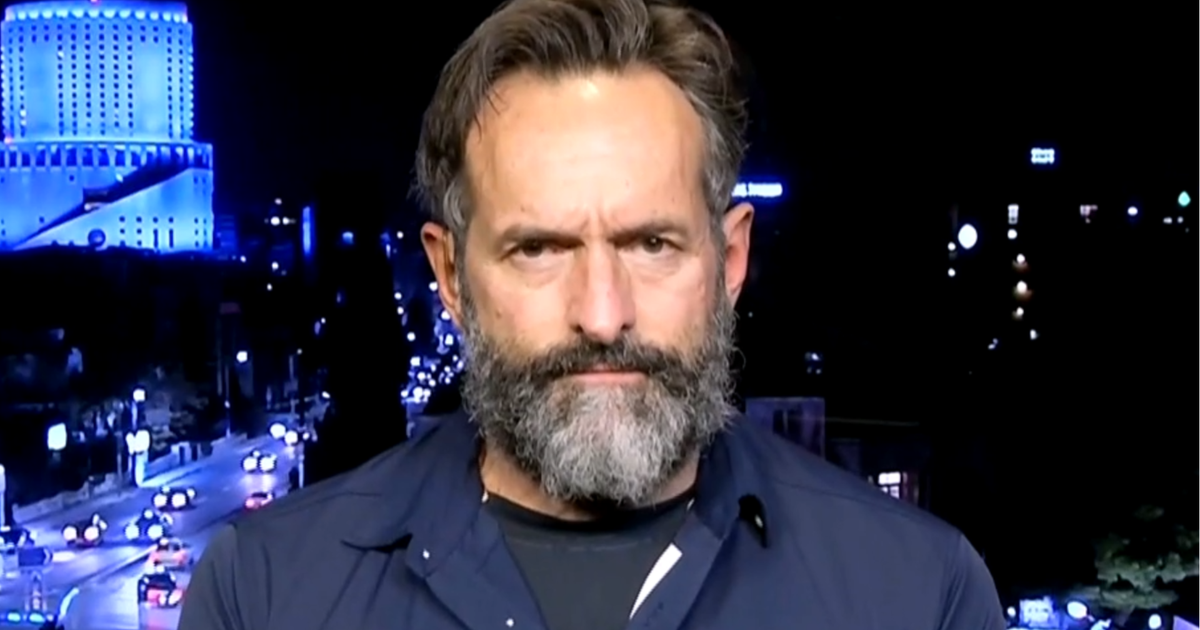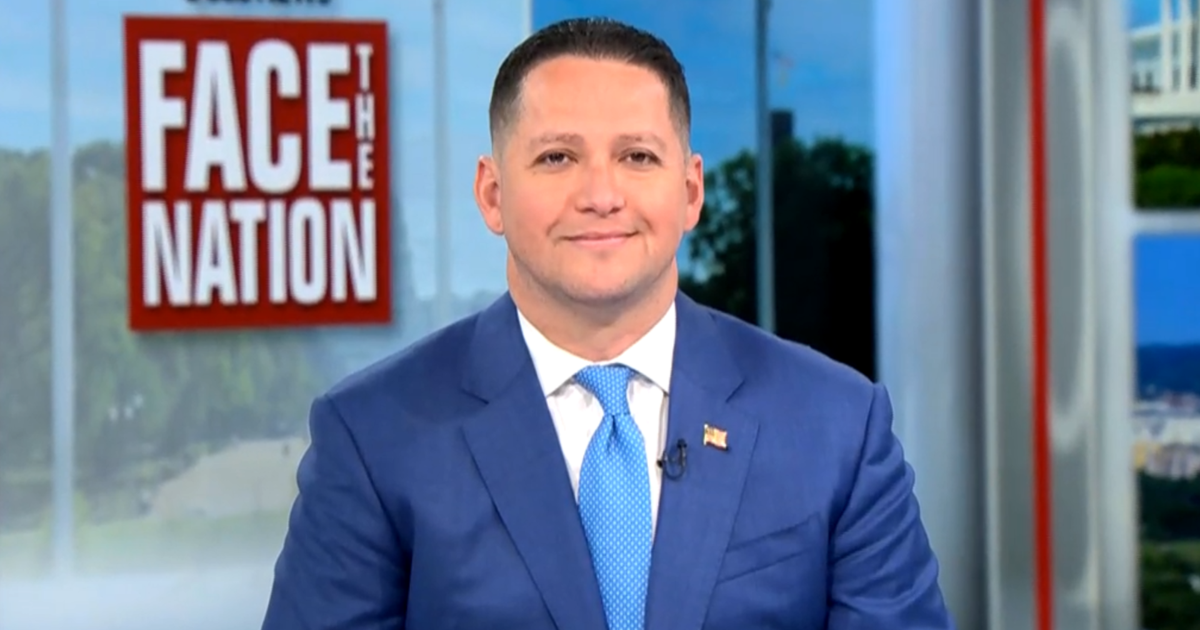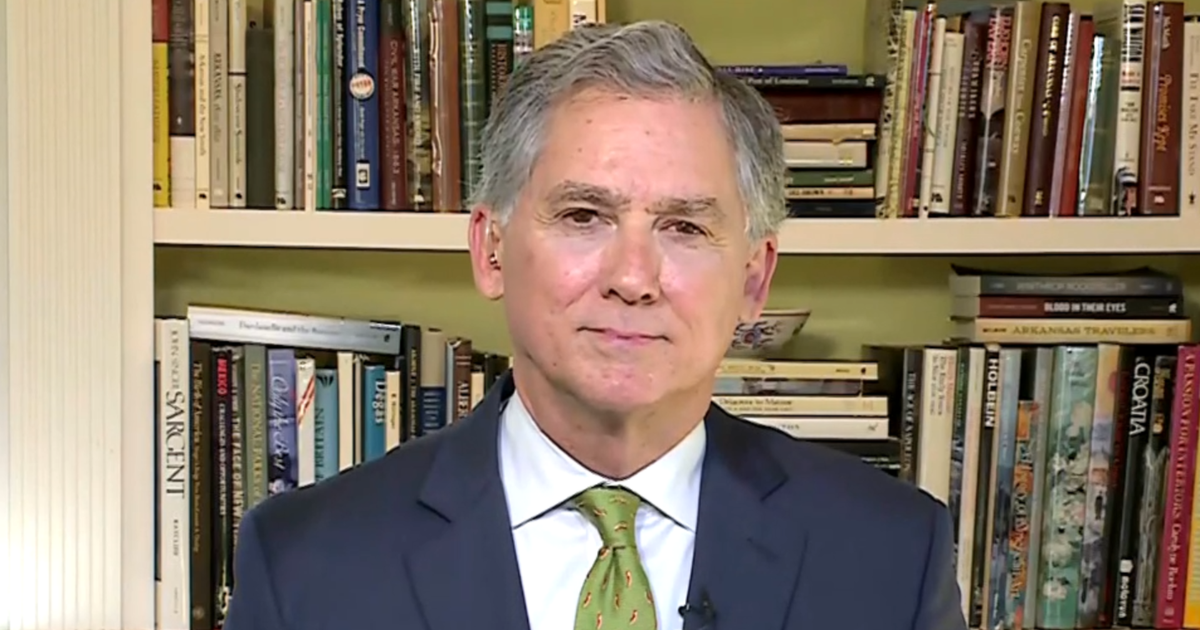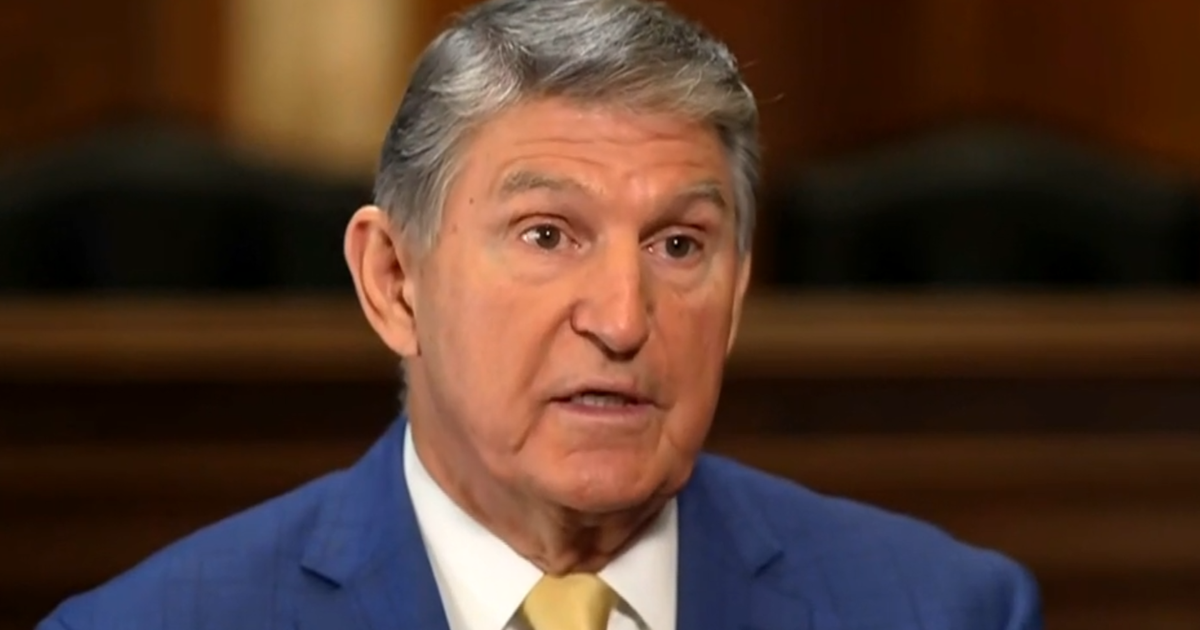Transcript: Mohamed El-Erian on "Face the Nation with Margaret Brennan," Nov. 3, 2024
The following is a transcript of an interview with Mohamed El-Erian, chief Economic Adviser at Allianz, on "Face the Nation with Margaret Brennan" that aired on Nov. 3, 2024.
MARGARET BRENNAN: To dissect some of the new economic indicators we've been seeing, we're joined by Mohamed El-Erian. He is the Chief Economic Advisor at Allianz. Welcome back to the program.
MOHAMED EL-ERIAN: Thanks for having me.
MARGARET BRENNAN: You know, we saw on Friday this jobs report that indicated job creation stalled a bit in October. There were some complicating factors, like hurricanes and a strike at Boeing. But what's your perspective on what this indicates for the next President of the United States?
MOHAMED EL-ERIAN: So most of the report, as you pointed out, was distorted in a really important manner, by the strikes, by the hurricanes. The bottom line, Margaret, is, we have an economy that has been growing robustly. Inflation is coming down, and the main challenge for the next administration is not just to maintain what is called economic exceptionalism, because we are outperforming all other advanced economies, but also to continue to reposition it for the engines of tomorrow's prosperity. And that's absolutely critical.
MARGARET BRENNAN: Well, we know the Federal Reserve is meeting later this week, may move on interest rates again, since inflation is around or getting close to that 2% target, but for average people, they see housing prices are high. They see grocery prices are still high. Where's the scenario where those prices actually come down?
MOHAMED EL-ERIAN: Yeah, and that's what everybody's expecting, but it's not going to happen. Look, the good news is, interest rates will continue to come down. The good news is, inflation, which is the rate of increase of the cost of living, will come down. But it's very hard to bring down prices, and that's one political problem, is when you tell people inflation is coming down, in their head, they think prices are coming down, not the rate of increase of prices. So it's a misunderstanding, unfortunately, but you've got to be careful what you wish for, because if prices come down significantly, we are then in something much worse economically.
MARGARET BRENNAN: And that misunderstanding being used quite a lot on the campaign trail, Mohamed, as you know. I know the stock market is not an indicator of what's happening with the economy, but it is forward looking. This week, what should we be expecting as a reaction to the outcome of this election?
MOHAMED EL-ERIAN: So believe it or not, a lot of investors are just on the sideline. They see so many possibilities, be it for the presidential race, be it for Congress, or even the extent to which what is promised by presidential candidates will become policy, there stands to be a big gap between the two. So quite a few investors have said, you know what? There's way too much uncertainty. I'm just standing on the sideline and waiting to see what emerges.
MARGARET BRENNAN: A gap between what's promised and what's delivered is a very diplomatic way of putting campaigning there, Mohamed, but neither candidate is even making a gesture towards reducing the debt burden in this country. And in terms of what's being promised, the plan that the Vice President has put forward is estimated by this Committee For a Responsible Budget to increase the federal debt by nearly $4 trillion through 2035. Donald Trump's plans would increase it by nearly $8 trillion. Congress, as you- you suggested there, they can put the brakes on anything here. But does this- continue promise of spending and no promise of reducing it concern you?
MOHAMED EL-ERIAN: It does. It does in a big way. Look, it was unthinkable that we would have almost 30 months of unemployment at 4% or below, and we'd run fiscal deficits of 6 to 8%. Remember, John Kennedy said, when the sun is shining, you fix the roof. Instead, the sun has been shining in our economy, and we created more roofs. Our debt to GDP is 120%- of that is 120% of GDP. Look both candidates, whether they like it or not, are going to have to find a way to moderate deficits and debt and critically, Margaret, to create operational flexibility in the budget. The budget is becoming more and more rigid, which means that it's harder to respond to unanticipated shocks.
MARGARET BRENNAN: Unanticipated shocks. In terms of one of the things we have heard from the Trump campaign quite a lot, is this pledge to use tariffs to create income for the government somehow, that's how Donald Trump suggests using them. Do you view tariffs as a regressive tax that will hurt poor people by raising prices for them? Or do you view them as, somehow, you know, a rising tide that floats all boats?
MOHAMED EL-ERIAN: So, tariffs are a dangerous tool. They have limited use, but if they are overused, they become counterproductive. It is- it is not a good idea to promise the use of tariff to deliver all sorts of things, be it a lower deficit, be it protecting domestic producers, be it putting pressure, leveraging influence on other countries. Tariffs have a role to play, but not to the extent- and similar for the other side, industrial policy and regulation, they both have a role to play, right, but be careful of overreach.
MARGARET BRENNAN: Right. Fair point. Mohamed El-Erian, thank you very much for your analysis. The economy, consistently the number one issue for American voters in this election. We'll be back in a moment.



